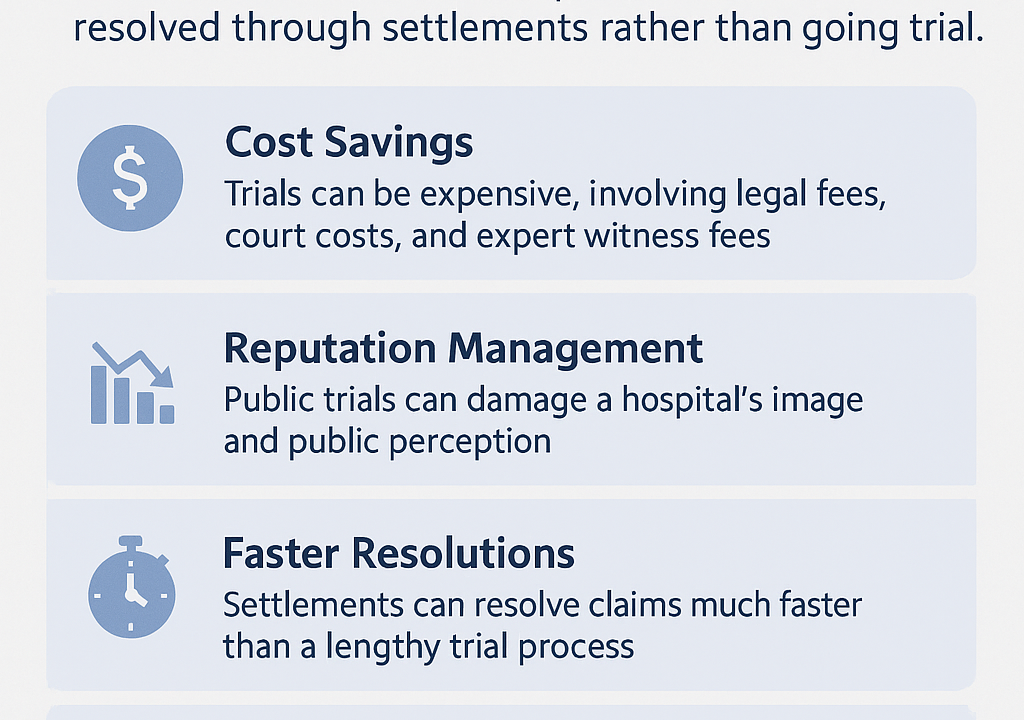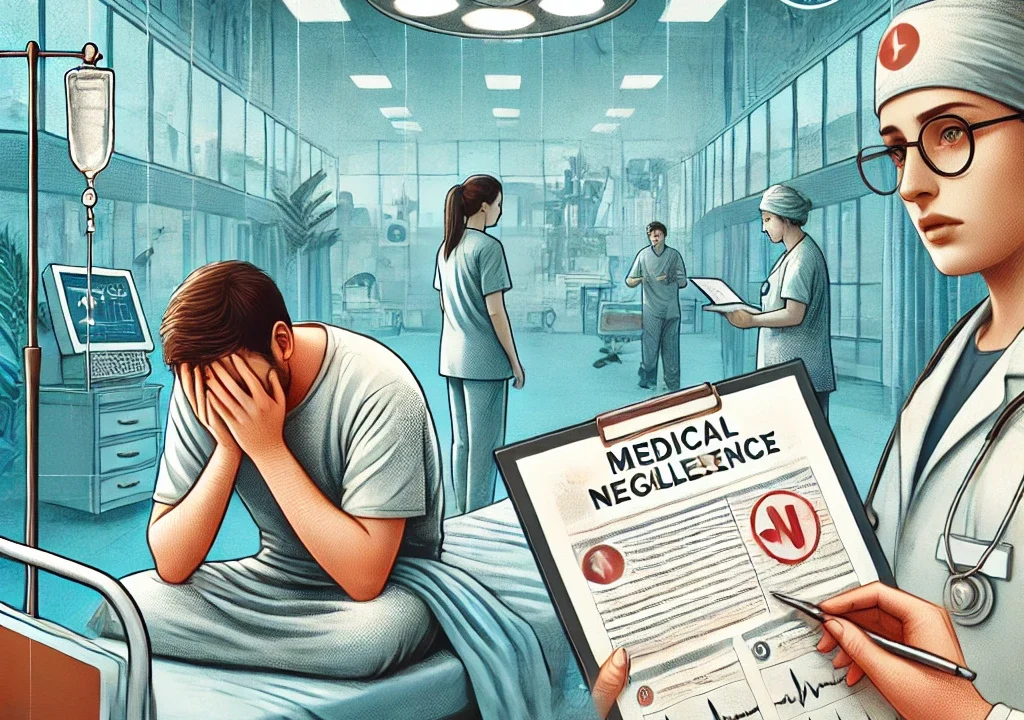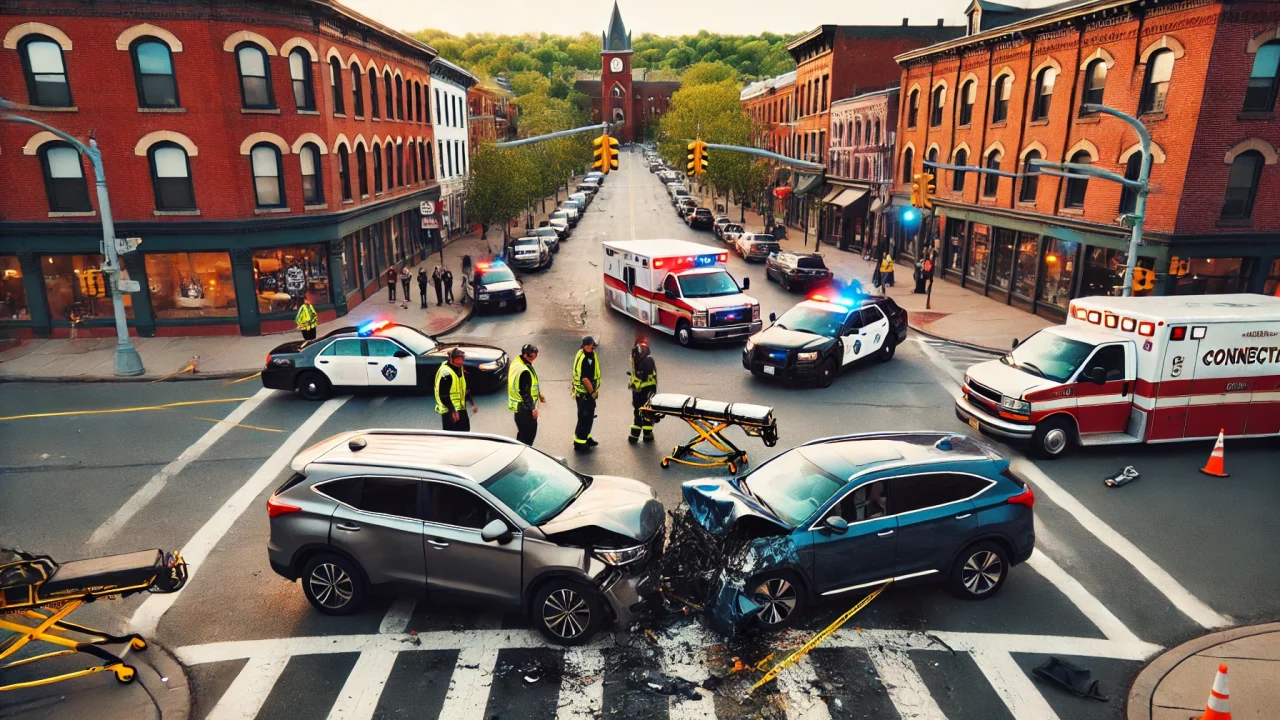To start a slip and fall claim in Connecticut, follow these essential steps:seek medical attention, report the incident, document the scene, and consult a personal injury attorney. Connecticut law requires proof that the property owner was negligent in maintaining a safe environment. Step-by-Step Guide to Filing a Slip and Fall Claim in CT 1. Seek...
LawsuitWhat is the slip and fall law in CT?
May 2, 20250
What Is the Slip and Fall Law in Connecticut? In Connecticut, slip and fall accidents are governed by premises liability law. Property owners have a legal duty to maintain a safe environment. If someone is injured due to a hazardous condition on the property, the owner can be held liable—but only if negligence can be...
LawsuitNursing Home Abuse Lawyer in CT
May 2, 20250
Nursing Home Abuse Lawyer in CT – Rodie and Rodie If you suspect nursing home abuse or neglect in Connecticut, it’s critical to act quickly and consult a legal team that specializes in these sensitive cases. At Rodie and Rodie, our experienced attorneys are committed to protecting the elderly and holding negligent nursing homes accountable....
How Long After an Accident Can You Sue in CT? In Connecticut, you have two years from the date of a car accident to file a lawsuit for personal injury or property damage. This time limit is known as the statute of limitations, and it is strictly enforced under Connecticut General Statutes § 52-584. If...
In Connecticut, medical malpractice settlements with hospitals often range from $250,000 to $1 million, though the final amount can vary widely depending on the facts of the case. At Rodie and Rodie, our legal team has handled numerous malpractice claims throughout Connecticut and can confirm that both the severity of the injury and strength of...
Only about 5% to 7% of medical malpractice cases ever go to trial. The vast majority—approximately 90% to 95%—are resolved through out-of-court settlements. This trend reflects a strategic decision by both plaintiffs and healthcare providers to avoid the time, cost, and unpredictability of trial proceedings. Why So Few Cases Go to Trial At Rodie and...
Yes, the majority of hospitals settle medical malpractice claims out of court. In fact, over 90% of medical malpractice lawsuits are resolved through settlements rather than going to trial, according to multiple legal sources. Hospitals and healthcare providers often prefer this route to avoid the high costs and uncertainties associated with a courtroom battle. Why...
LawsuitWhat is the negligence rule in Connecticut?
March 20, 20250
What is the Negligence Rule in Connecticut? Connecticut’s negligence law is governed by the principle of modified comparative negligence, outlined in Connecticut General Statutes § 52-572h. This rule significantly influences how fault is determined and how compensation is awarded in personal injury and accident cases within the state. How Does Modified Comparative Negligence Work? Modified...
How Long After an Accident Can You File a Claim in Connecticut? If you’ve been involved in an accident in Connecticut, understanding the timeline for filing your claim is crucial to ensure you retain your right to compensation. Under Connecticut law, different types of accidents and claims have distinct statutes of limitations. Statute of Limitations...
If you’ve been involved in a car accident in Connecticut, one of your first questions might be, “What kind of settlement can I expect?” While the average car accident settlement in Connecticut is estimated to be around $23,000, it’s important to remember that this figure can vary widely depending on several factors, including the extent...




